(Pocket-lint) – Virtual Private Networks, or VPNs, have been around for many years. Traditionally, they have been used for secure connections into corporate networks, either to access file systems or work email.
However, given the rise of internet use since their inception, many users are now using them to secure their presence in cyberspace, by masking their IP address to other users, making their activities invisible.
Here, we look at a number of applications for VPNs that are being used more frequently. The legality of some of these activities can be seen as questionable, so proceed at your own risk.
Using a VPN to stop hackers and government snooping
Recently, there has been more coverage in the press of governments and hackers looking in on an individual’s activity online. Whilst the majority of this is only performed in the interests of national security, you may wish to limit your visibility to organisations and individuals by using a VPN to cloak your activity from others.
For ultimate protection, ensure the VPN provider you choose doesn’t store logs of its users’ activities. Some do, so make sure you check.
Using a VPN to spoof your location
Many online services such as BBC iPlayer, Netflix and even the Apple Store are locked to a given geographical location. In the case of streaming services, this is usually due to licensing around programs. A broadcaster will often pay for the right to broadcast a given program in a given region and access to it is therefore limited to the particular region.
By utilising a VPN, it is possible to circumvent this limitation by, for example, accessing Netflix from the UK via a VPN server based in the US, thus allowing access to US-only programming. The same goes for accessing the BBC iPlayer from outside the UK, but via a UK VPN server.
Use a VPN to securely use public Wi-Fi
Often out and about? Want to access confidential business information via the Wi-Fi in your local coffee shop? We’d recommend utilising a VPN in this situation as it is usually impossible to know who else is on that network.
They may have the hardware and knowledge to sniff out data that is being shared over the publicly open Wi-Fi. This is certainly the case if you often do online banking whilst out and about.
Use a VPN to access sites blocked from your location
If you are at work or college and you need to check on that important eBay auction that you’re bidding on, but eBay is blocked from your location then you could use a VPN to get around the issue.
Sometimes using a VPN will allow you to bypass this restriction and make sure you win that auction for the one missing Optimus Prime model from your collection.
Use a VPN to securely make online voice or video calls
Conversations over VOIP services, such as Skype, can be relatively easily hacked into if you’re on a public Wi-Fi network. Using a VPN makes it much harder for those who you may not want to know your personal details to listen in.
Know your priorities
It’s important to decide what you want most out of a VPN, as this will decide which features you value most. If you want to be one of the 37 percent that uses one for privacy – say, to stop service providers from selling your browsing habits – you will want to read up about the company’s internal policies. If it’s just to hide your data from people on your local network, you might be happy with a broader range of products.
Decide whether to pay
While some VPNs charge a monthly fee, a handful offer a free tier. Be sure to read the features breakdown. A trial period can be a useful way of deciding a service is for you, but if a free service sounds too good to be true, chances are it probably is.
Read reviews first
Make sure you pick one that’s trusted by others. You can check out our Best VPNs feature that details the top VPNs on the market. If you’re looking for an alternative view or more details, fans of Reddit can check the VPNReviews subreddit to read some hands-on experiences.
Check for logging
If you’re using a VPN to stop a third party from building up data on your browsing history, you want to make sure your provider isn’t doing the same thing. Read the small print, check the reviews, and use search engines to see what others say about the VPN’s logging policy.
Consider the location
Privacy advocates argue against choosing a VPN located inside the “14 Eyes” list of intelligence sharing nations. The American government could ask a firm to hand over its customer data as part of investigations, for example. Bear this in mind if you’re looking at a VPN because of snooping concerns.
Check compatibility
Make sure you know how to set up the VPN on your device. Some providers offer apps for iPhone and Android. If your main concern is mobile browsing, then check the apps available. Likewise, if you want one primarily for use on Windows, then you needn’t worry about the mobile apps.
Make sure it matches your criteria
ThatOnePrivacySite offers a VPN comparison chart that allows you to look up your chosen provider. If your main concern is privacy, check to see if you should be aware of any issues.
Make sure it’s secure
Just because you’re on a VPN, doesn’t mean you’re safe. Research from High-Tech Bridge found that some VPNs use outdated or insecure encryption. The company runs a free online checker to test the connection, particularly ideal if you’re on a free trial.
Don’t assume you’re totally secure
Like any security method, there’s only so much it can help. A VPN won’t stop you from handing over credit card details in an email scam or losing your hard drive in an airport. Follow the same basic security rules as you would do without the service.
Writing by Steve Dye. Editing by Dan Grabham.



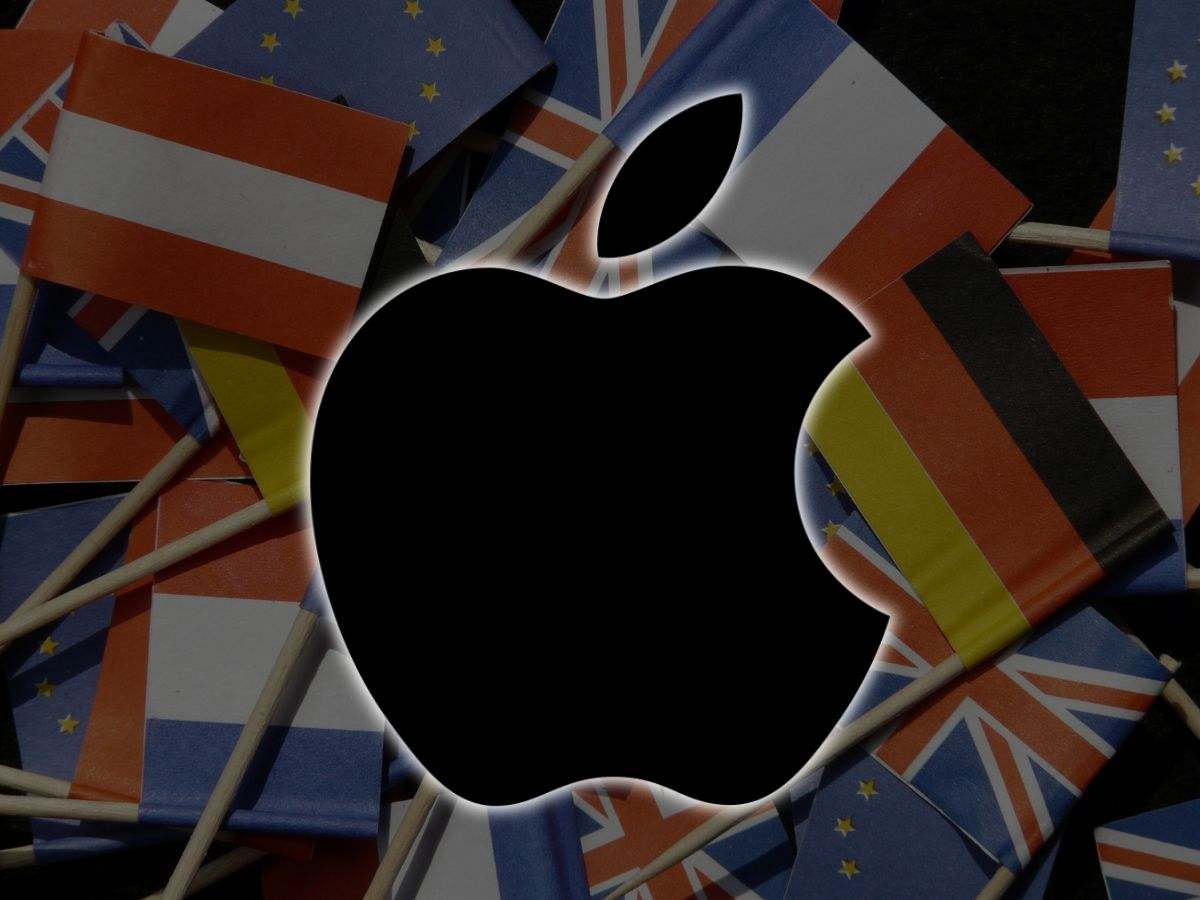
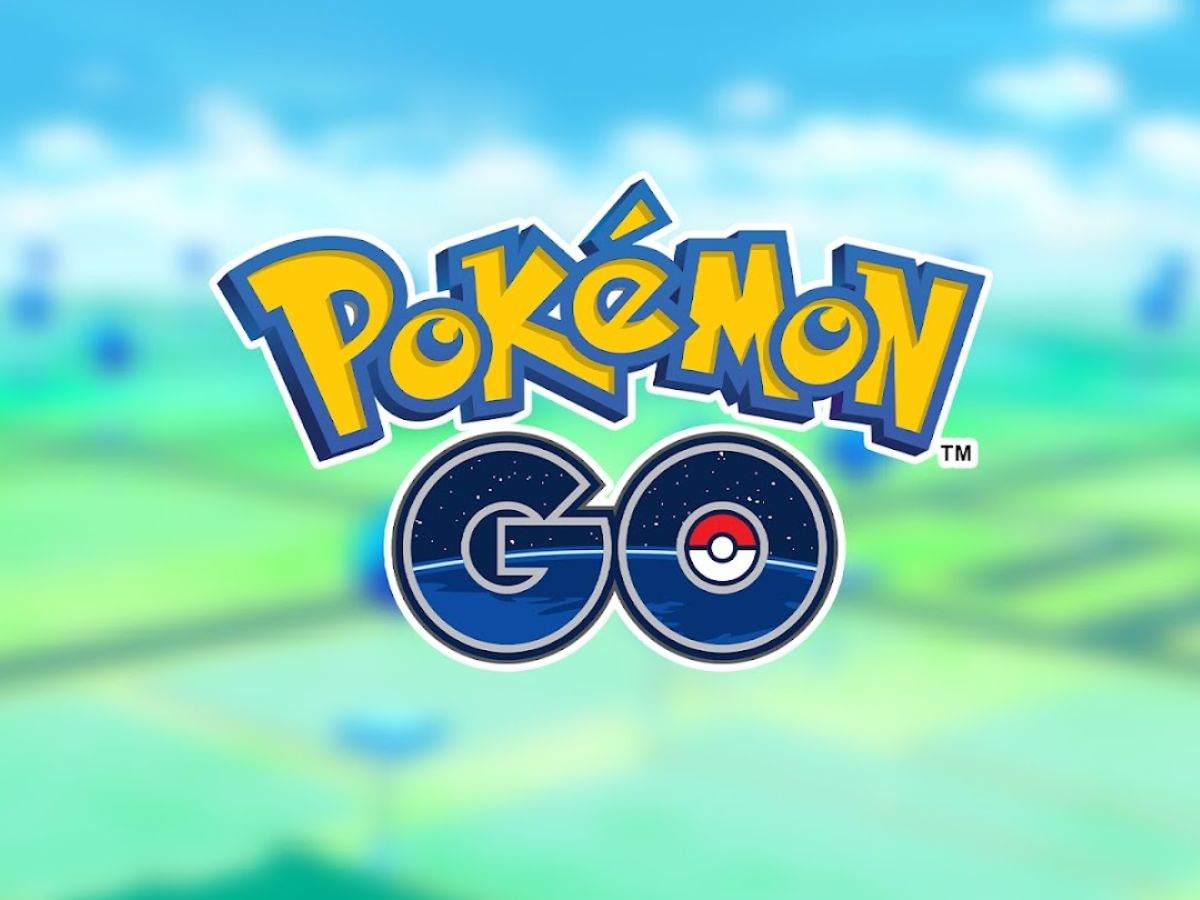
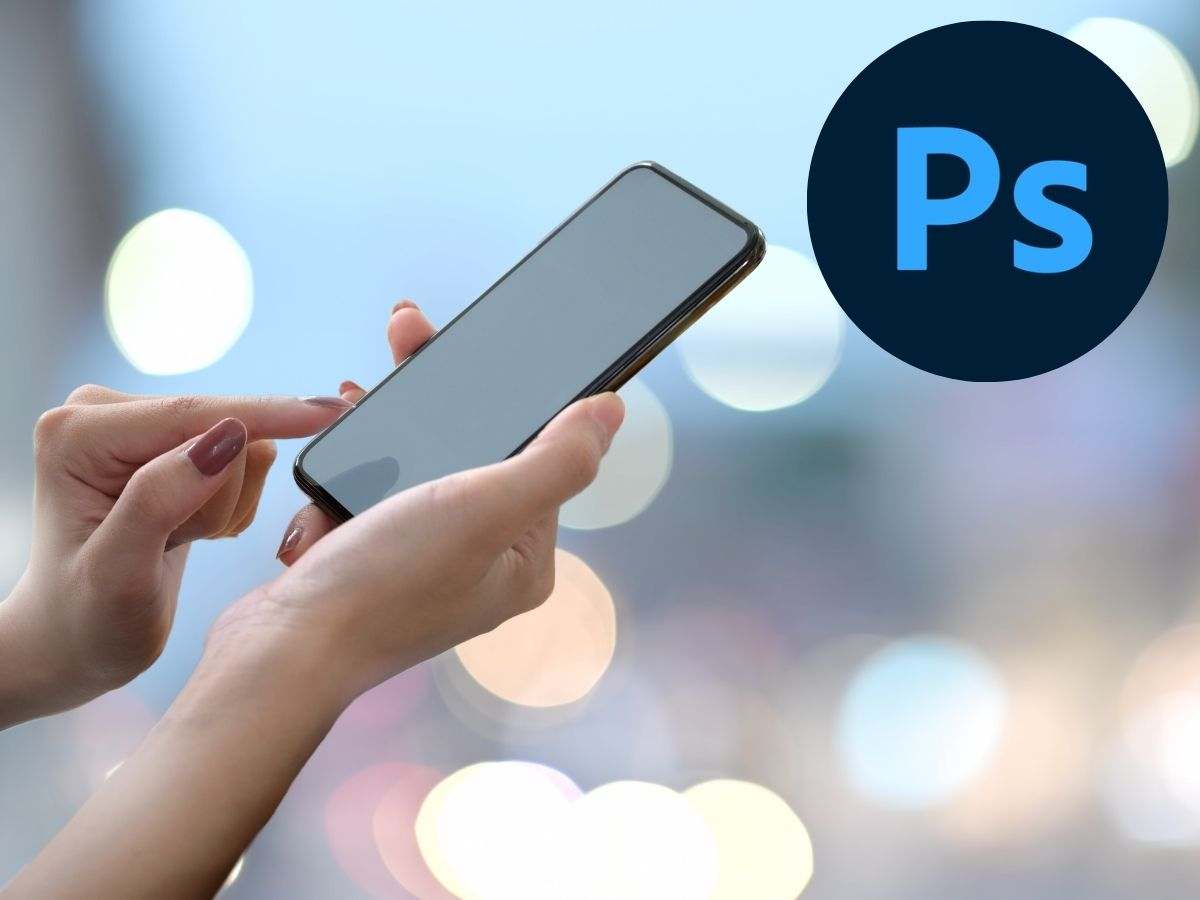
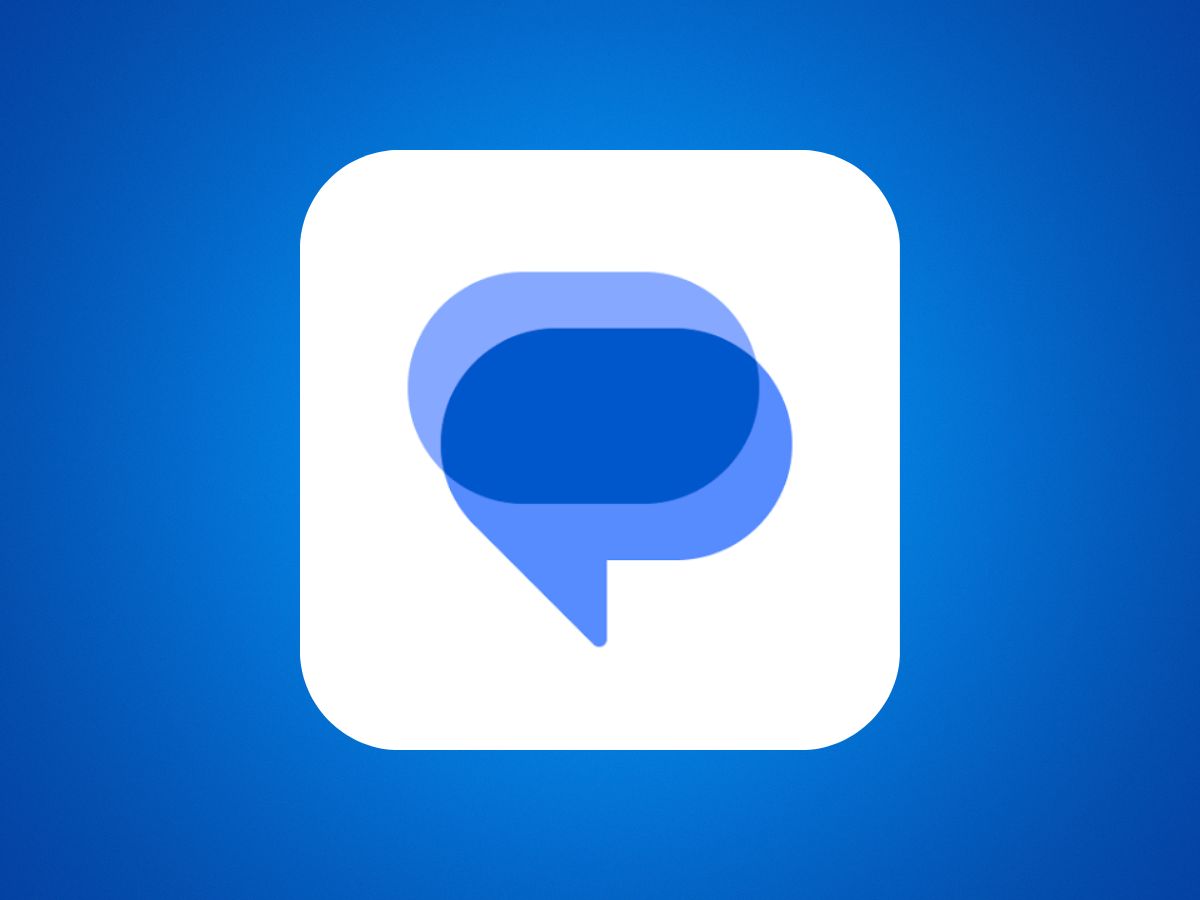
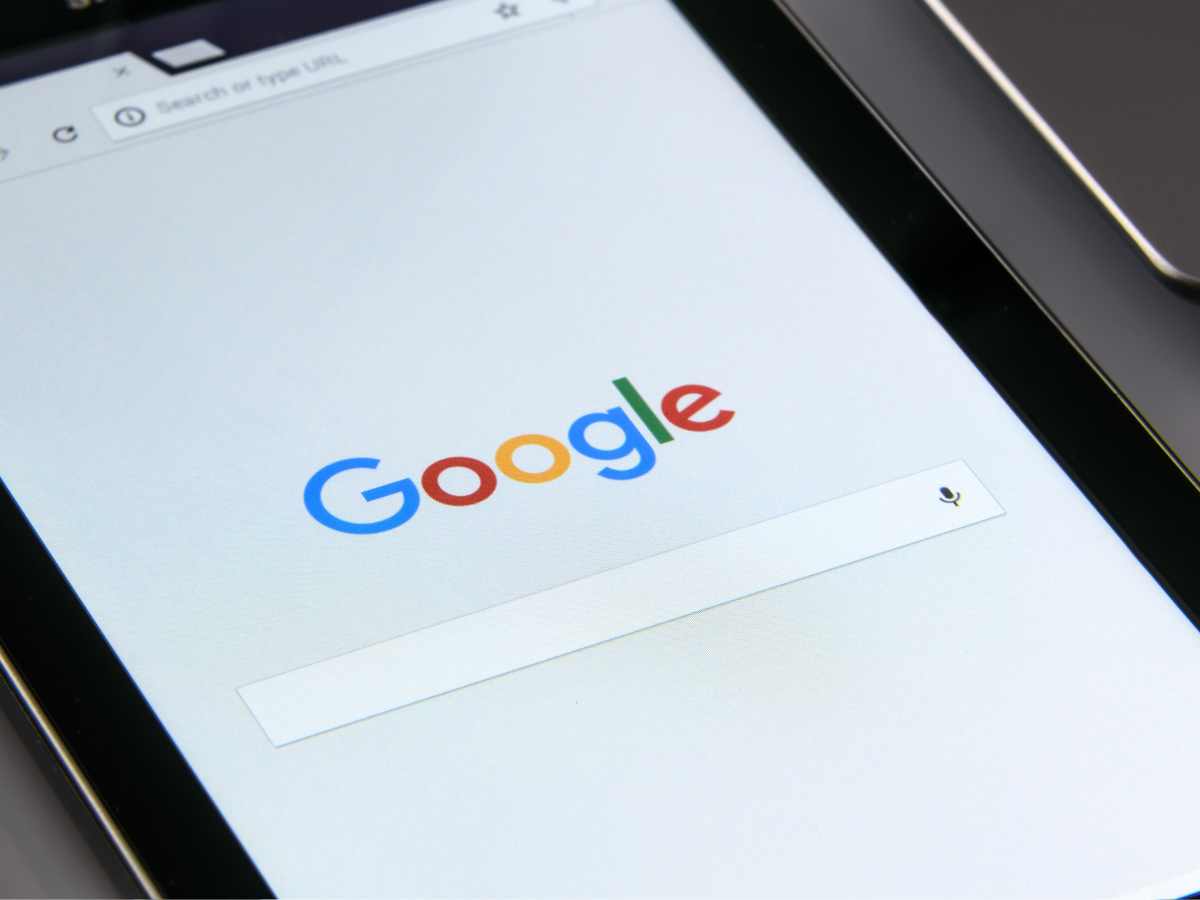


/https://specials-images.forbesimg.com/imageserve/5f47d1476f9ab810f2e91fd8/0x0.jpg)


